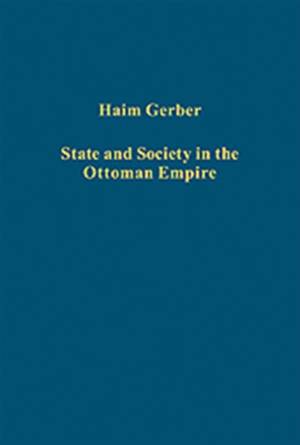
- Retrait gratuit dans votre magasin Club
- 7.000.000 titres dans notre catalogue
- Payer en toute sécurité
- Toujours un magasin près de chez vous
- Retrait gratuit dans votre magasin Club
- 7.000.0000 titres dans notre catalogue
- Payer en toute sécurité
- Toujours un magasin près de chez vous
Description
This book has three main themes: the socio-economic history of Turkish society in the 17th-18th centuries; the outcome of the Tanzimat (Reforms) in the province of Jerusalem, as an example of the whole phenomenon; and the historical origins of Turkish and Arab identities leading to the modern phenomenon of nationalism. Many of the studies are based on archival research, and the documents give a new picture of the issues involved. Thus, women were much more involved in the public arena and in economic life of the city that formerly thought; the urban family at this time was much smaller and nuclear-like, on the whole much more modern looking than anticipated. In the same way, Turkish society was far from being despotically oppressed by the Ottoman centre, with several institutions existing in it that gave substance to the term civil society. In the context of the 19th century it was found that, judging by the case of the province of Jerusalem, the final phase of the Tanzimat really tipped the balance in favour of the success of this whole movement of Reform: Ottoman society and Ottoman state became much more orderly and at ease with themselves than before, or at least than the stormy decades of the early 19th century. The final studies show that the Ottoman period and the structure of the Ottoman state, more properly, exerted much influence on the forms of nationalism that developed in the Middle East after the Ottoman downfall.
Spécifications
Parties prenantes
- Auteur(s) :
- Editeur:
Contenu
- Nombre de pages :
- 320
- Langue:
- Anglais
- Collection :
Caractéristiques
- EAN:
- 9780754669852
- Date de parution :
- 28-03-10
- Format:
- Livre relié
- Format numérique:
- Genaaid
- Dimensions :
- 149 mm x 224 mm
- Poids :
- 702 g

Les avis
Nous publions uniquement les avis qui respectent les conditions requises. Consultez nos conditions pour les avis.






